- Solan Sync
- Posts
- Comparison of Writing Skills: Gemini, ChatGPT, and Claude
Comparison of Writing Skills: Gemini, ChatGPT, and Claude
Google’s latest entry into this space, Google Gemini, marks a significant step forward.
Comparison of Writing Skills: Gemini, ChatGPT, and Claude
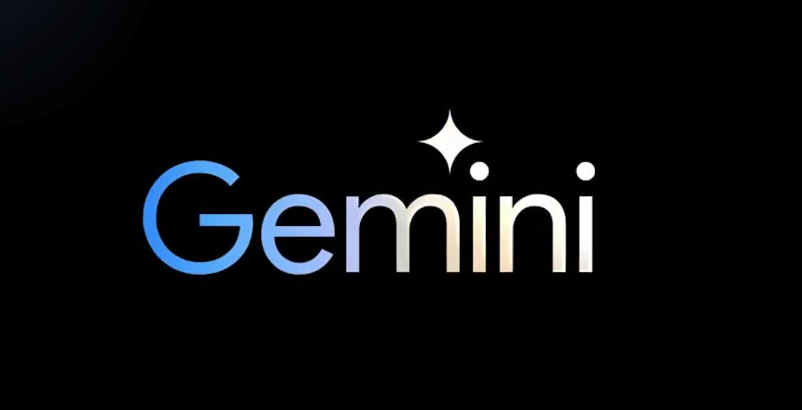
For enthusiasts and professionals using artificial intelligence (AI) in writing novels, essays, documents, and promotional content, the recent developments in AI technology are noteworthy. Google’s latest entry into this space, Google Gemini, marks a significant step forward. This AI model follows the Google Palm and is tailored for various writing tasks, including fiction and marketing material creation. Google Gemini stands out as a pivotal innovation in AI-assisted writing, offering an enhanced user experience.
Google Gemini addresses diverse user needs with its three distinct versions. The Gemini Nano is designed for simplicity and accessibility, perfect for quick writing help on devices like the Google Pixel. For those seeking a more advanced tool, the Gemini Pro integrates with Bard, Google’s conversational AI system. The most advanced version, Gemini Ultra, is set for release as a premium service in early 2024. Aimed at professional and enterprise users, Gemini Ultra will include features tailored to meet their intricate writing needs.
Additionally, there’s been a buzz about a comparison between Gemini, Claude 2.0, and OpenAI’s ChatGPT. This comparison focuses on their writing abilities. Interestingly, Google recently released a promotional video for Gemini, which garnered attention for its editing style, speculated to enhance the AI’s apparent intelligence. For a deeper insight into Gemini’s performance relative to Claude 2.0 and ChatGPT, the “Nerdy Novelist” has crafted a comparison video. This video will offer a clearer understanding of how these AI tools stack up against each other in real-world writing scenarios. Moreover, Advantage AI provides further insights into the nuances of Google’s edited video.
Gemini vs ChatGPT vs Claude
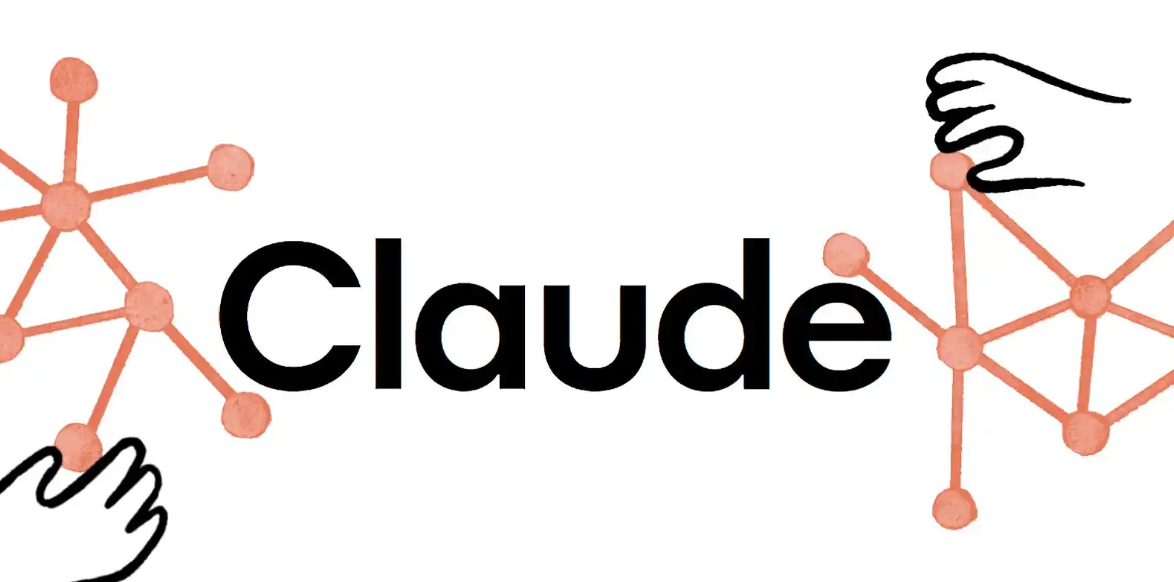
In the realm of AI-driven writing tools, Google Gemini, ChatGPT, and Claude each have their unique strengths and capabilities. Google Gemini particularly stands out in specific tasks, like generating fiction prompts and crafting book descriptions. This ability to aid in brainstorming and story outlining highlights its potential as an invaluable tool for writers. However, when it comes to prose and non-fiction writing, Gemini’s performance is not uniformly superior. This suggests that while Gemini is a noteworthy player in the field, it doesn’t eclipse other AI models like Claude in every aspect of writing.
One of the key advantages of Google Gemini is its free version, which offers a cost-effective solution for writers seeking AI assistance. This strategic move by Google could have a considerable impact on the AI writing tool market. Nonetheless, there’s still scope for Gemini to enhance its features to match the quality of certain paid AI writing services.
ChatGPT-4
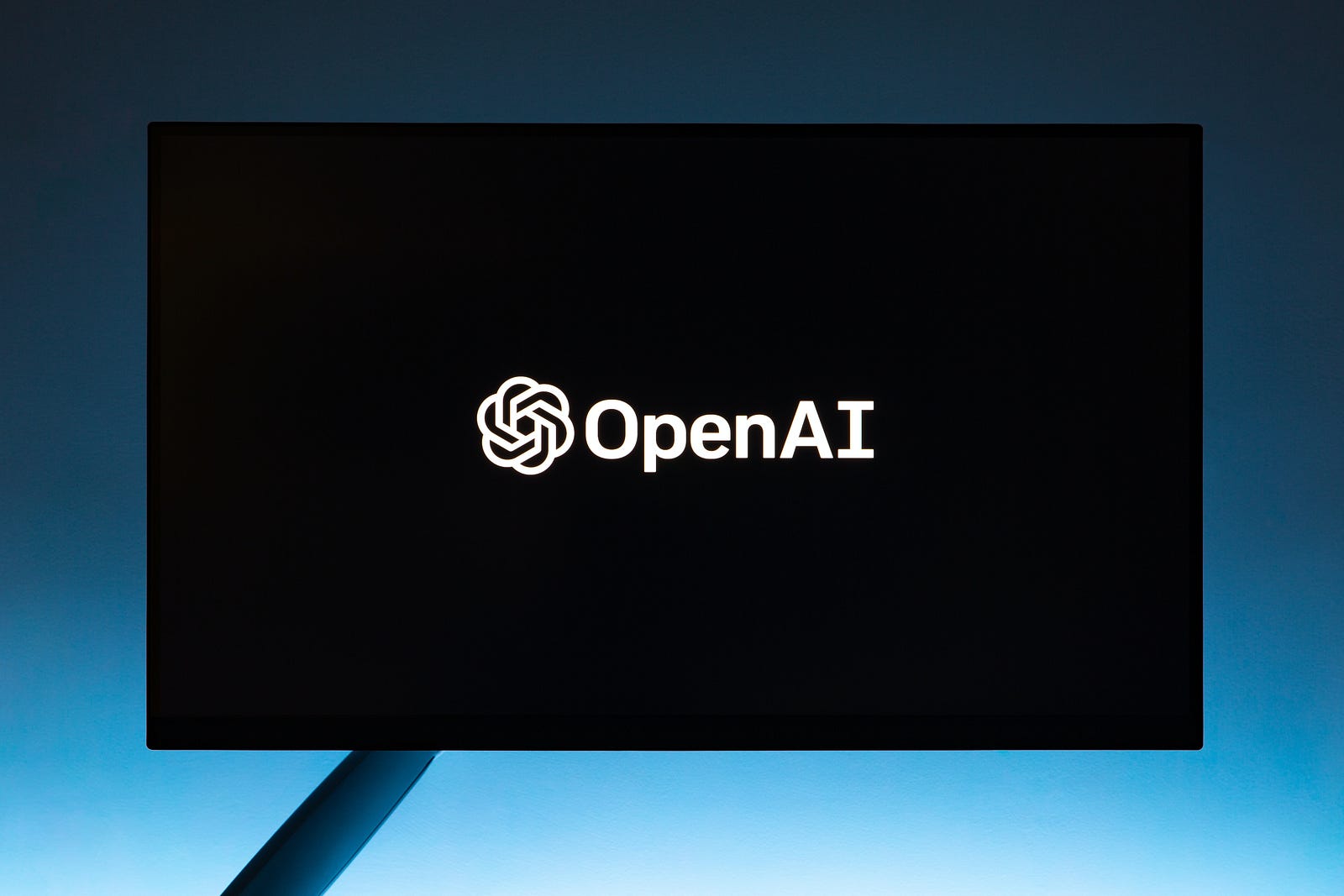
Photo by Andrew Neel on Unsplash
ChatGPT-4, the latest innovation from OpenAI, represents a leap forward in deep learning technology. This model is distinguished by its multimodal capabilities, able to process both text and image inputs, broadening its range of applications and enhancing its functionality.
Powered by Microsoft Azure AI supercomputers, ChatGPT-4’s advanced reasoning abilities are a testament to its sophisticated training. This has facilitated its global deployment, offering wide-reaching access through the ChatGPT Plus service and a developer-friendly API. This accessibility underscores its potential to integrate into a myriad of applications, driving innovation across various industries.
At the core of ChatGPT-4’s enhanced performance is its extensive knowledge base and improved problem-solving algorithms. These advancements not only boost its accuracy in tackling complex challenges but also enrich its creative and collaborative capabilities. ChatGPT-4 excels in a diverse array of tasks, from music composition and scriptwriting to adapting to unique writing styles, marking it as a versatile and powerful tool in the realm of AI-driven writing and creativity.
In this iteration, ChatGPT-4 has been engineered to be more responsible and safe. OpenAI invested six months in enhancing the model, making it 82% less likely to produce prohibited content and 40% more likely to provide factual information compared to its predecessor, ChatGPT-3.5. These enhancements are a part of OpenAI’s commitment to ensuring the model’s outputs adhere to ethical standards and are factually accurate.
However, ChatGPT-4 still faces certain challenges. It continues to grapple with issues like inherent social biases, a tendency to create unrealistic or incorrect information (known as “hallucinations”), and sensitivity to misleading prompts. Tackling these issues remains a key focus for OpenAI, as they strive to improve the model through ongoing development, focusing on transparency, educating users, and promoting wider understanding of AI.
The nuanced differences between ChatGPT-3.5 and ChatGPT-4 become more evident in tasks of increasing complexity. In these scenarios, the advanced capabilities of GPT-4 in terms of reliability, creativity, and handling detailed instructions are more pronounced. OpenAI’s methodical evaluation of GPT-4, including its performance in human-like exams, is a testament to their systematic approach in assessing the model’s effectiveness and ensuring its outputs are reliable and of high quality.
Claude 2.0
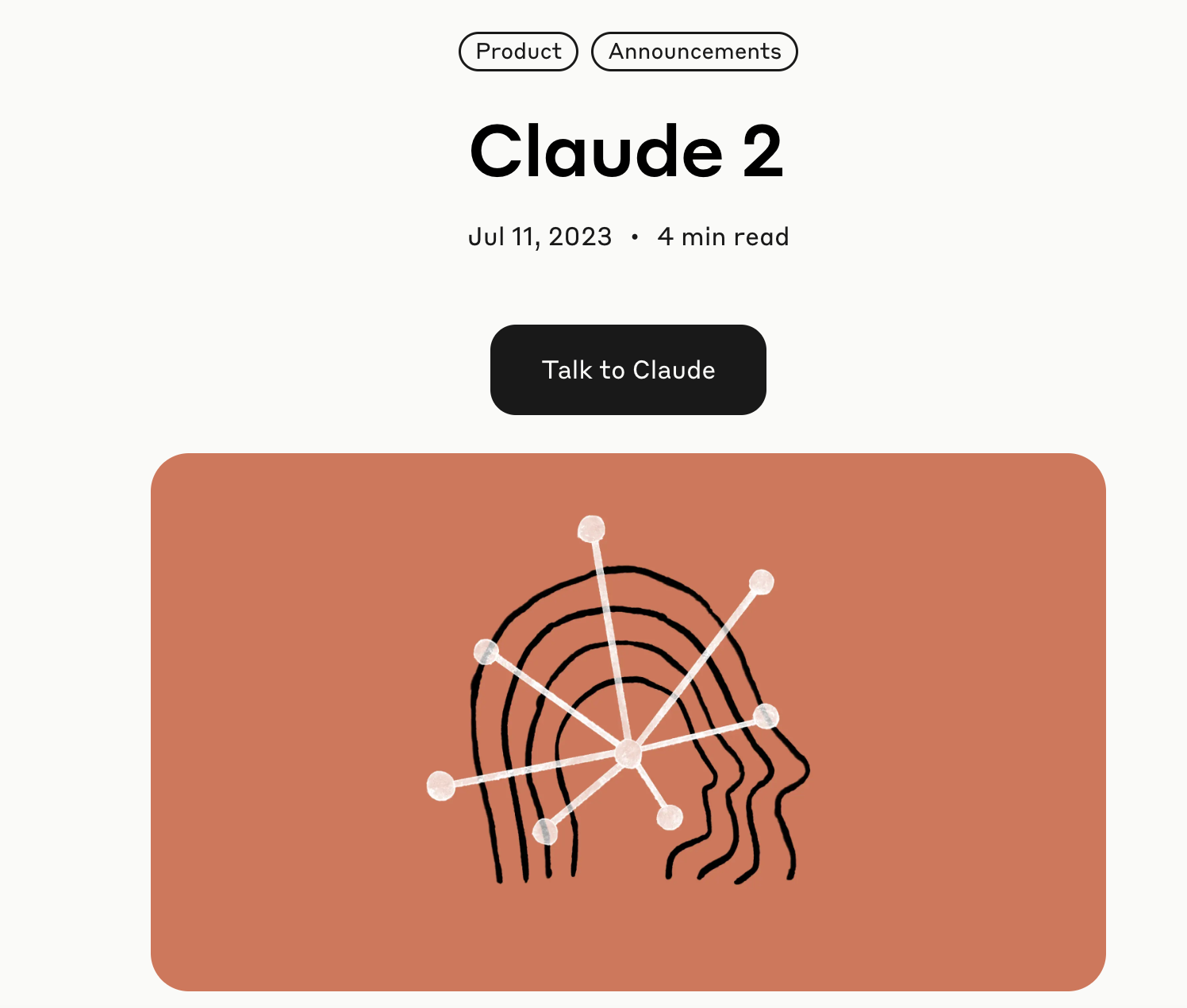
Claude 2.0, developed by Anthropic, an AI research company formed by ex-OpenAI staff, stands out in the AI field for its safety-focused approach. Anthropic’s dedication to responsible AI is evident in Claude 2.0, which is designed to be a safer option compared to similar models.
The model powers Claude, Anthropic’s AI chatbot, offering capabilities like writing assistance, question answering, and interactive collaboration. Since its founding in 2021, Anthropic has made significant strides, integrating Claude into various platforms such as Notion AI, Quora’s Poe, and DuckDuckGo’s DuckAssist. July 2023 saw Claude’s public release, further expanding its reach.
While Claude 2.0 may not fully rival the capabilities of GPT-4, it stands out in standardized tests, outperforming most other AI models. Its presence in the U.S. and U.K. markets, with plans for global expansion, positions it as a strong contender in the AI landscape.
Anthropic aims to create an LLM that is “helpful, harmless, and honest.” To achieve this, Claude is equipped with safety measures to reduce bias, inaccuracies, and unethical behavior. Additionally, Anthropic uses a secondary AI model, known as Constitutional AI, to combat toxic or biased outputs.
Anthropic’s commitment to safety extends to its pre-release process, which includes “red teaming” where researchers test the AI with complex prompts to identify and address potential safety issues. As a public benefit corporation, Anthropic aligns its operations with societal interests, prioritizing safety over profit.
Claude 2.0’s ability to process up to 100K tokens per prompt, trained on data up to early 2023, demonstrates its extensive knowledge base. Anthropic not only focuses on product safety but also influences industry-wide safety standards. The company’s involvement in policy discussions, including briefings with U.S. President Joe Biden and participation in the U.K.’s AI Safety Taskforce, showcases its commitment to shaping the future of ethical AI practices.
Google Gemini AI
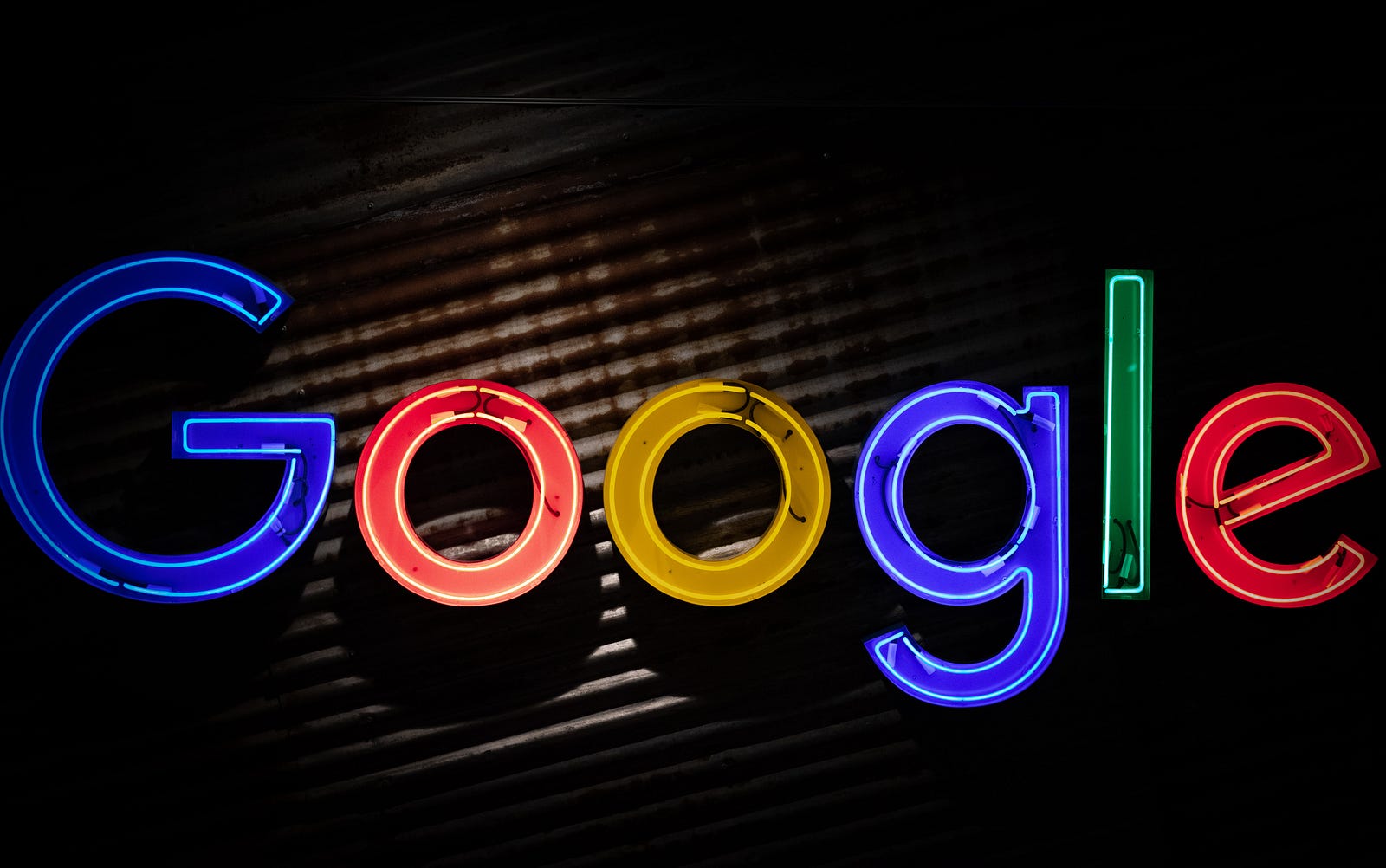
Photo by Mitchell Luo on Unsplash
Google Gemini AI marks a notable evolution in the field of multimodal AI technology. Unlike traditional multimodal models, which were built by separately training components for different modalities like text, images, and audio, and then combining them, Google Gemini has been innovatively developed as a natively multimodal system from the onset.
This model began with pre-training across various modalities and was further enhanced with additional multimodal data. This fundamental approach allows Gemini to more fluidly and effectively understand and reason across a range of inputs, outperforming previous multimodal models in many areas.
Gemini 1.0 demonstrates exceptional reasoning skills, especially in processing and interpreting intricate written and visual data. This ability makes it highly effective in extracting insights from extensive datasets, a valuable attribute in sectors from scientific research to financial analysis. For example, its skill in reading, filtering, and comprehending information from large volumes of documents enables it to discover hidden knowledge within substantial data sets.
Gemini’s training also equips it to simultaneously recognize and interpret text, images, audio, and other modalities. This comprehensive understanding is particularly beneficial in explaining complex topics in mathematics and physics, enhancing its usefulness in educational and research settings.
A standout feature of Gemini is its advanced coding capabilities. It can understand, explain, and generate high-quality code in several popular programming languages, including Python, Java, C++, and Go. These abilities establish it as a leading foundational model for coding worldwide, as evidenced by its performance in coding benchmarks like HumanEval and Natural2Code.
Gemini also underpins more advanced code generation systems, such as its contribution to the development of AlphaCode 2. This system is adept at solving intricate programming challenges that incorporate elements of mathematics and theoretical computer science. Furthermore, Gemini’s application in collaborative tools for programmers highlights its potential in aiding coding problem-solving, design, and implementation, thereby accelerating the development of various applications and services.
As a significant addition to Google’s AI toolkit, particularly in the field of creative writing, Gemini showcases promising capabilities in assisting with diverse writing tasks. However, it may not yet be the ultimate tool for all writing needs. With ongoing development and the anticipated launch of the more advanced Gemini Ultra, the competition in AI-powered writing assistance is set to intensify, ultimately offering writers a broader spectrum of supportive tools for their creative work.
Thank you for reading this article so far, you can also get the free prompts from here.
What Will You Get?
Access to my Premium Prompts Library.
Access our News Letters to get help along your journey.
Access to our Upcoming Premium Tools for free.
Also, Check out https://www.solan-ai.com/
Subscribe My NewsLetter now!
Reply